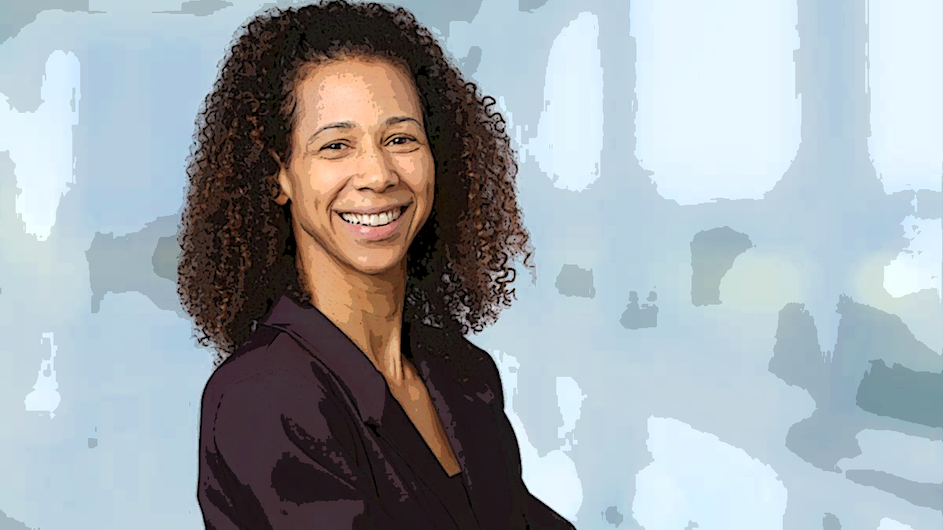Inequity in Care: Orthopedics, Cancer, and Beyond
In the face of daunting disparities in health care, the medical community can take small steps that make a difference.

"Disruptors" is a series sharing new and innovative ideas and viewpoints from Columbia Cancer researchers and clinicians that challenge conventional thinking about cancer care, research, and beyond.
It can be difficult to face hard truths. That a surgery resulted in a major complication for a patient. That a medication resulted in an unexpected and life-threatening side effect. In medicine, as physicians, we are taught to accept and learn from those hard truths. It is how we do better for the next patient.
One hard truth that we could do a better job at facing are the causes and consequences of healthcare disparities in the United States. Focusing on cancer as an example, across almost every type, in every location of the body, people with low socioeconomic status, or from minority communities, or those with low reimbursing insurance, have poorer outcomes, live shorter lives, and get less aggressive treatment. There are a plethora of studies that show these realities. The medical community has done a really good job of shining a spotlight on the existence of healthcare disparities, but we haven’t fixed the inequalities.
We are life savers. That is what we are trained to do. But when we peel back the layers, we save lives unequally. Moreover, we don’t want to believe that individually we are capable of making biased decisions about who will get aggressive treatment and who will not. At some point, we have to look inward and ask whether we are doing all we can to eliminate these disparities. On an aggregate scale, the answer right now is no. There is room for change, however, and it begins with understanding the disparities, routinely discussing them and their causes, and reflecting on what we can do in our own practices to render care more equally and without bias.
Small Changes With a Big Impact
The other hard truth, which can be a stumbling block for physicians, is that many of the factors that contribute to disparities in care feel outside of our individual capacity to change. They are systemic problems, like poor rural communities located too far from major medical centers to receive essential early cancer evaluations and care or inadequate health literacy and skepticism in the communities we are trying to help. It is important to realize that although some of these components seem bigger than us, they are not, and we can do something about them right now.
I say we start with seemingly small things that could have a big impact. We can educate and empower rural community primary care doctors to recognize the early signs of cancer and get patients more quickly into larger medical centers. We can create fast-track pathways for these patients, so they can get their imaging scans and consult with a specialized doctor all in the same day, reducing long trips back and forth to the hospital. We can create satellite centers for early screening and detection. We can hire "care navigators" in communities where we know trust and health literacy are barriers to care. These navigators would be informed and come from the communities we are trying to reach.
Moving Forward in a System of Inequity
Many of these solutions require effort and resources, which is often a deterrent. But if ever there were a moment in time to ask for the effort and resources, it is now, in this time of focus on our race and class inequities. In the wake of the George Floyd murder and other similar events that have forced us to take a hard look at race and class in this country, we have an opportunity to educate and empower. If we have paused for a moment to reflect on a life lost that was captured in a 9-minute video, then hopefully, we can similarly pause and reflect on the tens of thousands of lives lost to healthcare inequities each year.
The systemic problems, although daunting, can be targeted. And in our personal practices as doctors, we must remain diligent in our efforts to provide equal care across race and class. This effort may require us to admit our biases and subtle judgments of others.
As a cancer surgeon, my work is often punctuated by heartbreaks. But the loss of life due to inequity feels like one of those heartbreaks that can be prevented. And those are always the ones that hurt the most. I urge my fellow physicians to begin this dialogue and march forward, strategically and determined. Surely if we can cure so many cancers all over the body, we can also cure the social ills, prejudices, and disparities in health care that divide us.
Wakenda K. Tyler, MD, is division chief of orthopedic oncology at Columbia University Vagelos College of Physicians and Surgeons, associate professor of orthopedic surgery, and vice chair for diversity, equity, and inclusion at the department of orthopedic surgery. Dr. Tyler focuses on the non-operative and operative management of primary soft tissue and bone cancers, sarcomas, and metastatic bone cancer.